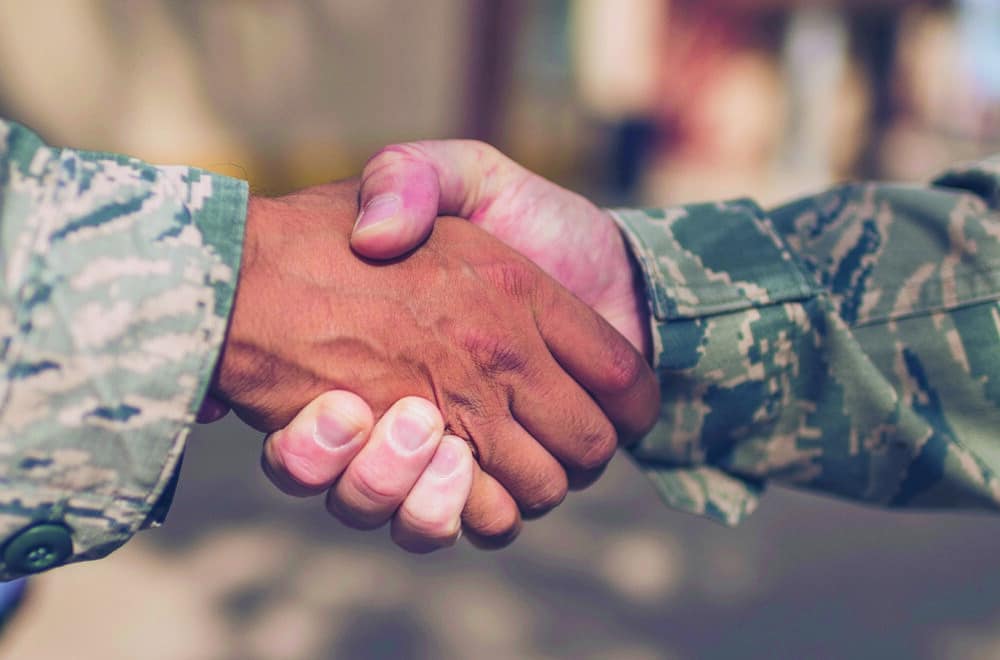Military Ministry on the Home Front
Sometimes we think that the men and women serving in our military are like athletes who “leave it all on the field” and simply “move on” after serving. It’s not so simple, however, for military personnel to “leave it all on the battlefield.” Increasing numbers of servicemen and women bring the war home with them—in the form of Post-Traumatic Stress Disorder (PTSD)—and even those who follow Jesus are not immune.
That’s something Anthony Murphy,* a combat veteran who has been involved with Navs Military, knows all too well. In a letter to the Navigator staff member who ministered to him, he wrote:
I appreciate your desire to serve and your boldness in seeking a way to bring Jesus and His healing to our hearts—broken from combat and traumatic experiences. I’ve spent time in tears thinking about things I did to my family out of anger, and I shudder when I realize the lasting trauma my children will deal with because their father was a man with a broken heart and an angry soul.
The pain and suffering of PTSD are real. The healing power of Jesus is also real, as Anthony wrote:
Jesus is rescuing us from a bloody mess on the side of the road, abused and abandoned, because He loves us. While I may believe that no man can identify with the pain and suffering that I have endured, Jesus can! The book of Hebrews tells us, “For we do not have a high priest who is unable to empathize with our weaknesses, but we have one who has been tempted in every way, just as we are—yet he did not sin” (Hebrews 4:15). It struck me that Jesus wants to be known—and so do I. Yet the very thing that was keeping me from being known by other men was my pain. And now that is something that I can intimately share with Jesus.
But how does one reach out to those who have known the horrors of war and have brought it back home with them? Anthony summed it up this way:
Jesus is the one who heals me—and others like me. How can you help soldiers [like me]? Be Jesus! Love us truly and deeply. Ask questions and listen to the answers. Put off judging. Spend time with us doing “nothing.” Tell us the truth when it is time for it, and don’t pigeonhole us.
Anthony also mentioned the importance of being encouraged to spend time in God’s Word by the Navigators around him. They didn’t push or prod him—they simply shared with him what God had been showing them, and it motivated him to dig into the Scriptures himself. He shared:
I was reading Jeremiah 15 and Jeremiah asked God if He was going to be a deceptive stream—with no water, bringing no comfort to his soul, and if his wound will be incurable. I identified with that. God tells Jeremiah that if he separates the precious from the worthless that God would make him His ambassador.
Navigators can’t keep the war from coming home with our military personnel. They can’t heal PTSD. But they can (and do) reflect the love of Jesus, they can listen and ask questions, “speak the truth in love,” and point people to the life-changing power of the Scriptures.
*The name has been changed to protect the privacy of the individual described.
Story submitted by staff member Al Engler, former Army ministry director for The Navigators.




By commenting, you agree to our Code of Conduct.